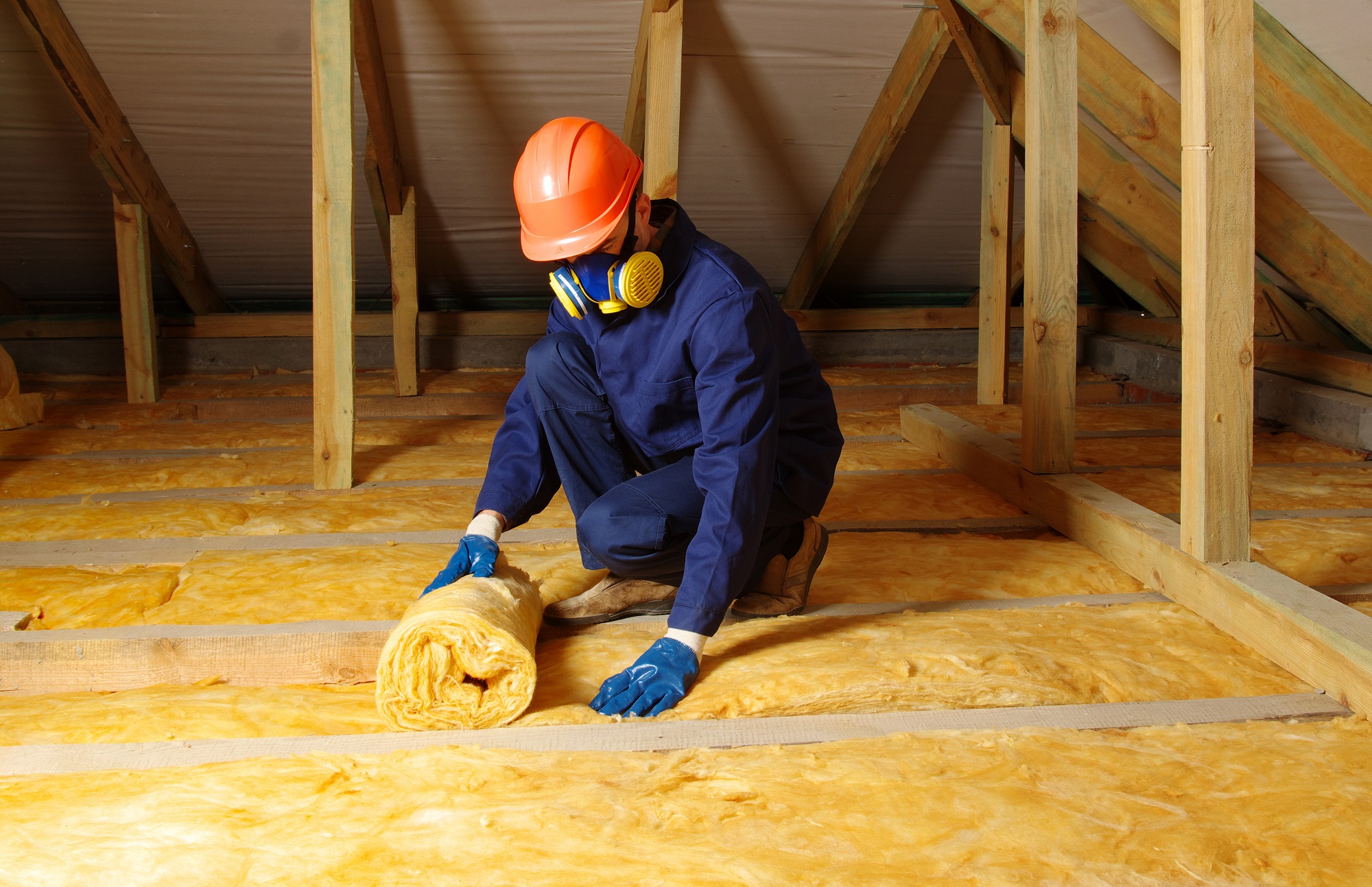News Blast
Your daily source for the latest news and insights.
Insulation: The Cozy Secret Your Home Is Hiding
Uncover the cozy secret your home is hiding! Discover how insulation can transform your comfort and save you money.
Understanding the Different Types of Insulation: Which One is Right for Your Home?
Insulation is a crucial component of any home, as it helps maintain a comfortable indoor temperature while reducing energy costs. There are various types of insulation available, each offering unique benefits and applications. The most common types include fiberglass, foam, cellulose, and reflective insulation. Fiberglass insulation is popular due to its affordability and effectiveness; it comes in batts or loose-fill forms. Foam insulation, on the other hand, provides excellent air sealing and thermal resistance, making it ideal for attics and basements. Cellulose insulation, made from recycled paper, is an eco-friendly option that offers good thermal performance, while reflective insulation is designed to minimize heat gain by reflecting radiant heat away from the living space.
Choosing the right type of insulation for your home depends on several factors, including your climate, budget, and energy efficiency goals. To help you make an informed decision, consider the following criteria:
- R-Value: This measures the insulation's resistance to heat flow—the higher the R-value, the better the insulation's performance.
- Installation: Some types of insulation are easier to install than others, so consider whether you prefer a DIY approach or will hire a professional.
- Moisture Resistance: In areas prone to humidity, choose insulation that can withstand moisture to prevent mold and damage.

How Insulation Can Save You Money on Energy Bills: A Comprehensive Guide
Insulation plays a crucial role in maintaining a comfortable indoor environment while significantly saving you money on energy bills. When your home is properly insulated, it effectively prevents the escape of heat during the colder months and keeps your living space cool in the summer. This means your heating and cooling systems don’t have to work as hard, leading to reduced energy consumption. In fact, according to the U.S. Department of Energy, adequate insulation can save you up to 20% on your heating and cooling costs. Therefore, investing in quality insulation is not just a matter of comfort; it's a smart financial decision.
In addition to installing insulation, regular maintenance and updates are essential for maximizing energy efficiency. Start by assessing the current state of your home’s insulation by checking areas like the attic, walls, and floors. Look for any gaps or signs of wear that may reduce its efficiency. You might also consider upgrading outdated insulation materials with newer, more effective options such as spray foam or fiberglass. By following an insulation improvement plan, you can ensure consistent energy savings and enjoy lower utility bills year-round.
Is Your Home Properly Insulated? 5 Signs to Look For
Proper insulation is crucial for maintaining a comfortable home environment and ensuring energy efficiency. If you're wondering is your home properly insulated, there are several signs to look for. One of the most common indicators is consistent temperature fluctuations throughout your home. If you notice that certain rooms are significantly cooler or warmer than others, it may be a sign that your insulation is inadequate. Additionally, check for drafts around windows and doors; if you can feel a breeze, your insulation might not be doing its job effectively.
Another sign to evaluate is your energy bills. If you’ve noticed a sudden spike in your heating or cooling costs, it could be due to poor insulation. Inadequate insulation forces your HVAC system to work harder, leading to increased energy consumption. Finally, look for signs of moisture or mold in your attic or walls; this could indicate that your insulation is compromised. By identifying these 5 signs, you can determine whether it's time to upgrade your home’s insulation for better comfort and efficiency.